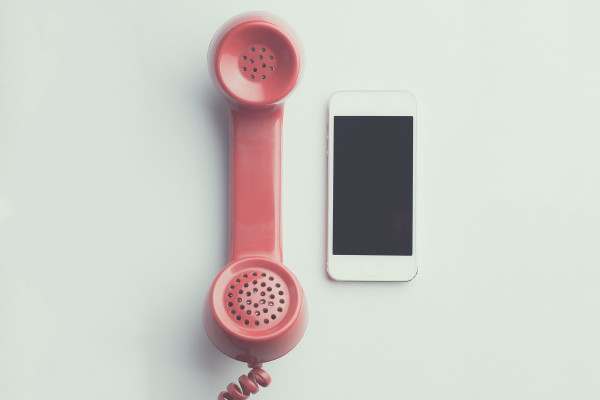The change in the season means many different things to different people. When the season changes from autumn to winter (at least in regions where there is distinct variation between seasons), some people are excited about the holidays, winter fashion, and outdoor winter activities (think of your friendly neighborhood skiers, snowboarders, Santa impersonators). For others, the change in season is met with dread (lower amounts of energy, mood fluctuations, pessimism). While many people are negatively impacted by the colder seasons, there is a percentage of individuals who are affected to a significant degree, those who meet the criteria for Seasonal Affective Disorder (SAD). SAD occurs when the change of season produces depressed mood, low energy, irritability, change in sleep patterns, change in appetite, diminished concentration, and low motivation.

